- AUSTRALIA
Popular Brokerage Accounts
Compare Fees
Explore Features & Bonuses
Last Updated: December 22, 2024
Disclaimer:
Some of the links on this page are affiliate links, meaning we may earn a commission if you click through and make a purchase, at no extra cost to you. This does not influence our comparisons or reviews, which are based on our independent research and analysis. Always verify details directly with the provider before making any decisions. Full disclosure Here.
This content is for informational purposes only and should not be considered financial advice. Investments carry risks, including potential loss of all funds.
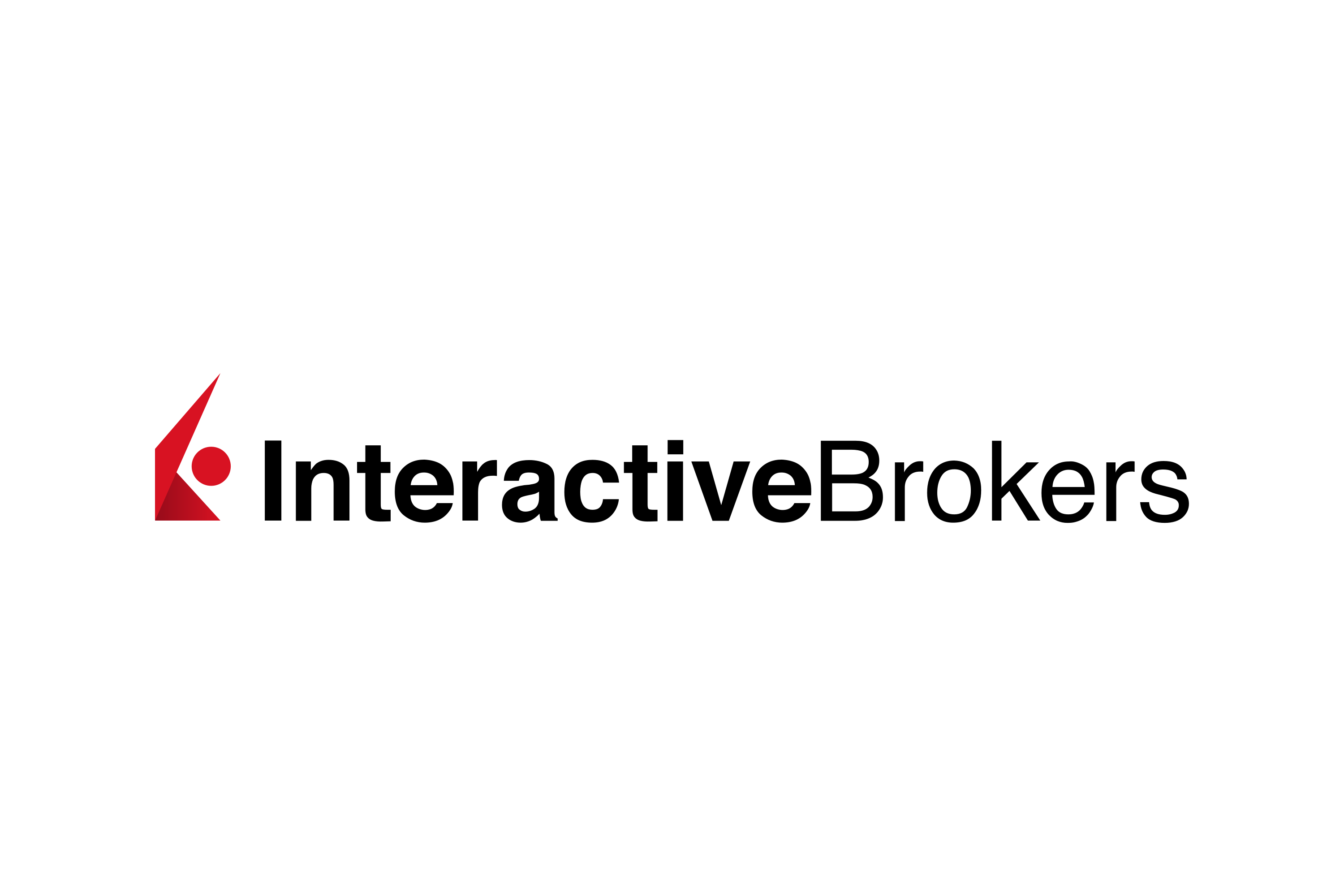


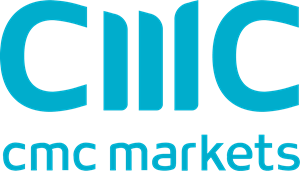
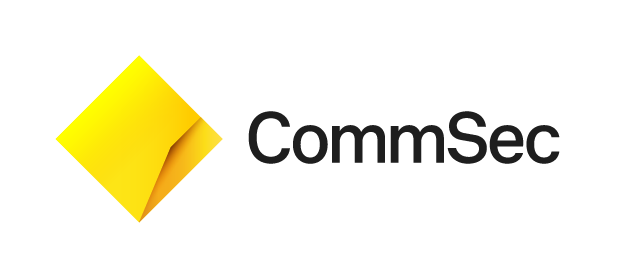
AvaTrade
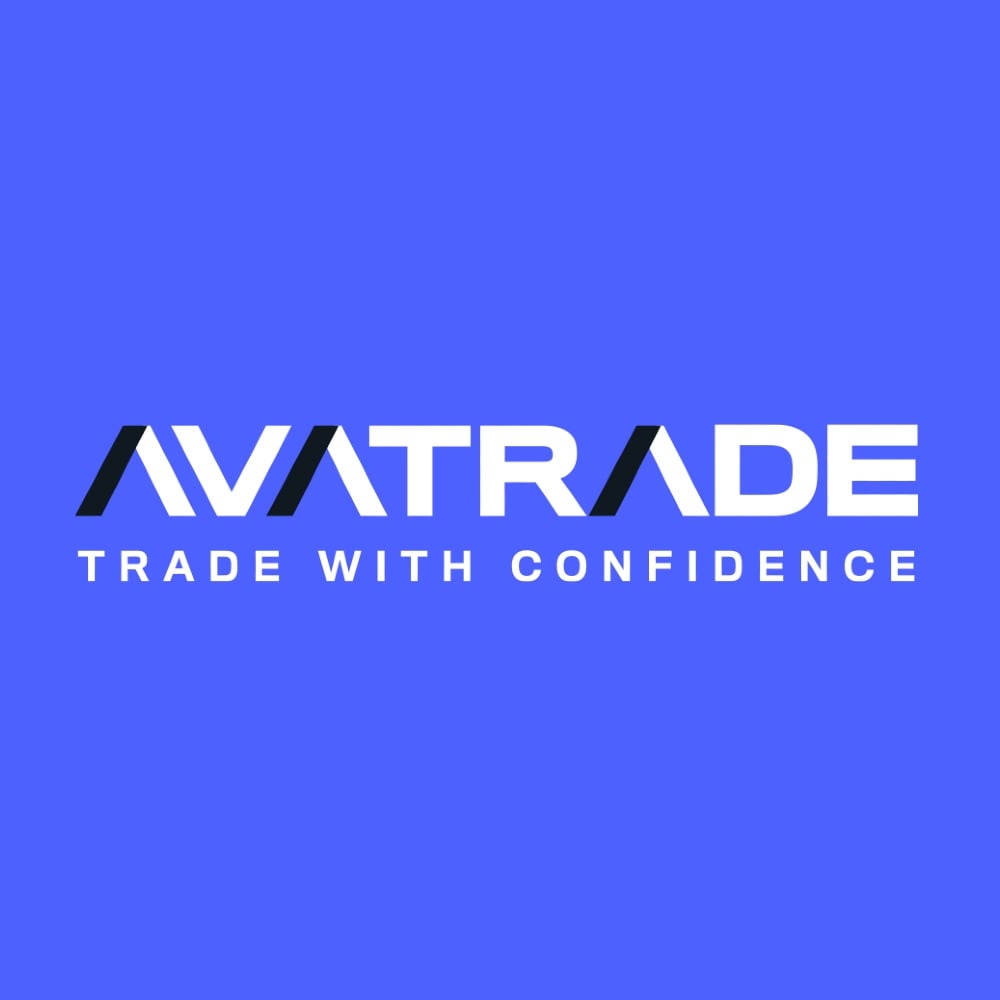
Fees:
- Spreads and Commissions: AvaTrade offers competitive spreads across forex and CFD instruments, with no commission on forex trading. Specific spreads and costs depend on market conditions.
- Overnight Fees: Swap fees apply for positions held overnight, which vary by asset class.
- AvaProtect™ Fee: AvaProtect™ incurs an additional fee when activated, based on the size of the trade and the coverage duration.
Offer:
- Bonus Programs: Vantage often runs promotions such as deposit bonuses for new clients, although specific offers vary over time.
- Demo Trading: Free demo accounts are available for users to practice without risking real capital.
Trading Platforms:
- WebTrader
- AvaTrade App
- Asset Range: Trade forex, cryptocurrencies, commodities, indices, shares, and ETFs with leverage.
- AvaProtect™: Insure specific trades against losses with this risk management tool.
- Social & Automated Trading: Supports automated trading through DupliTrade and ZuluTrade.
- Comprehensive Market Access: Trade over 1,000 instruments including forex, indices, shares, commodities, bonds, and cryptocurrencies.
- Trading Platforms: Offers a wide range of platforms, including MetaTrader 4 (MT4), MetaTrader 5 (MT5), TradingView, and its own Vantage app, designed for both web and mobile use.
- Educational Resources: Access to Vantage Academy, which includes articles, webinars, eBooks, and beginner to advanced courses on trading.
- Advanced Tools: Provides trading signals, an economic calendar, client sentiment, and more for enhanced trading strategies.
- Leverage Options: Offers up to 30:1 leverage for retail clients, and higher leverage for professional traders.
AvaTrade is a well-regulated broker offering CFD trading across a variety of financial instruments. It features advanced trading platforms, competitive pricing, and a wealth of educational resources. The platform also supports automated trading through various social trading networks. AvaTrade aims to provide a secure and user-friendly trading environment suitable for both novice and experienced traders.
- Comprehensive Asset Coverage: Access to a diverse range of markets including forex, stocks, cryptocurrencies, commodities, and indices.
- Advanced Tools and Platforms: Availability of MT4, MT5, and proprietary trading platforms with extensive charting and analysis tools.
- Risk Management: AvaProtect™ helps traders mitigate potential losses, making it a standout feature for risk-averse users.
- Educational Support: A robust library of educational materials, webinars, and trading courses suitable for all levels of traders.
- Global Reputation: A trusted broker with strong regulatory oversight and a global presence.
- CFD Risks: As a primarily CFD-based broker, AvaTrade carries the typical high risks associated with leverage trading.
- Limited Traditional Investing Options: Focused more on CFDs and forex, it may not suit users looking for traditional share trading or long-term investments.
Vantage Markets
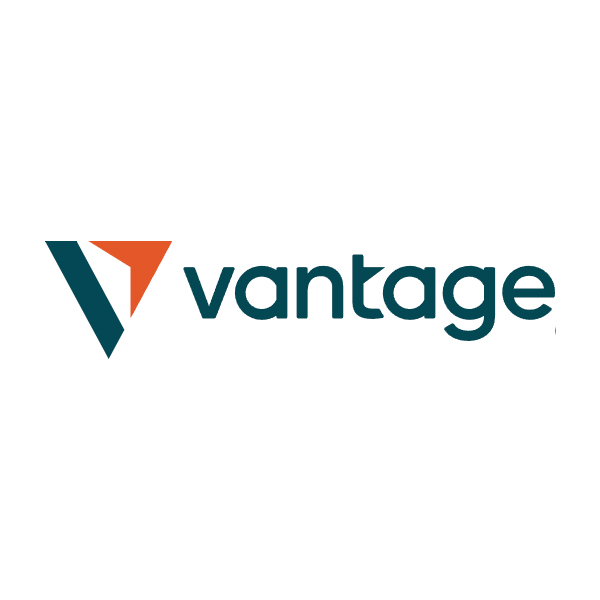
Fees:
- Commissions: Zero commissions on the Standard Account, but there are commission-based Raw and Premium accounts for lower spreads.
- Commissions start at $3 per lot per side for forex trading on the Raw accounts.
Offer:
- Bonus Programs: Vantage often runs promotions such as deposit bonuses for new clients, although specific offers vary over time.
- Demo Trading: Free demo accounts are available for users to practice without risking real capital.
Trading Platforms:
- Vantage App
- ProTrader
- Market Access: Trade over 1,000 instruments, including forex, indices, shares, commodities, bonds, and cryptocurrencies.
- Trading Platforms: MetaTrader 4, MetaTrader 5, TradingView, and Vantage app for web and mobile.
- Advanced Tools: Trading signals, economic calendar, and client sentiment data.
- Comprehensive Market Access: Trade over 1,000 instruments including forex, indices, shares, commodities, bonds, and cryptocurrencies.
- Trading Platforms: Offers a wide range of platforms, including MetaTrader 4 (MT4), MetaTrader 5 (MT5), TradingView, and its own Vantage app, designed for both web and mobile use.
- Educational Resources: Access to Vantage Academy, which includes articles, webinars, eBooks, and beginner to advanced courses on trading.
- Advanced Tools: Provides trading signals, an economic calendar, client sentiment, and more for enhanced trading strategies.
- Leverage Options: Offers up to 30:1 leverage for retail clients, and higher leverage for professional traders.
Vantage Markets offers a comprehensive trading experience with access to over 1,000 financial instruments. The platform supports various advanced trading tools and platforms, providing competitive spreads and leverage. Vantage emphasizes education with free resources and offers a demo account for practice. The platform is known for its secure and reliable trading environment.
- Competitive Spreads and Low Fees: Vantage offers some of the most competitive spreads in the industry, and low commissions depending on account type.
- Range of Platforms: Flexibility to choose from multiple platforms such as MT4, MT5, TradingView, or the Vantage mobile app.
- Educational Support: Robust educational tools available, including free webinars, articles, and market analysis.
- Variety of Account Types: Offers different account types, such as Standard, Raw, Premium, and Demo accounts to suit different trading levels.
- CFD Risk: Like all CFD brokers, Vantage carries inherent risks due to the leverage and complexity of the instruments, which may not suit beginners.
- Limited Traditional Assets: Primarily focused on CFDs, which might not appeal to traders seeking traditional share investments.
WestPac Share Trading
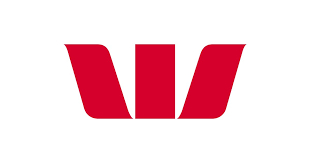
Fees:
- Domestic Trades:
- $4.95 for trades up to $1,000 when settled through a Westpac Cash Investment Account or Online Investment Loan
- $19.95 or 0.11% for trades up to $10,000
- International Trades:
- USD $19.95 for trades up to USD $5,000
- USD $29.95 for trades up to USD $10,000
- 0.31% for trades above USD $10,000
Offer:
No active offer
Trading Platforms:
- WestPac Share Trading Platform
- Mobile Application
- TradingView
- MetaTrader
- Global Market Access: Trade over 2,200 Australian shares and access 30+ international markets, including the U.S., UK, and Hong Kong.
- Trading Tools: Advanced tools with research packages, charting, ESG ratings, and alerts.
- Investment Options: Offers shares, ETFs, options, bonds, and warrants.
- Global Market Access: Trade over 2,200 Australian shares and access 30+ international markets, including the U.S., UK, and Hong Kong.
- Investment Options: Offers shares, ETFs, options, bonds, and warrants for a diverse investment portfolio.
- Trading Tools: Includes research packages, charting tools, conditional trading, ESG risk ratings, and alerts for smarter trading decisions.
- Mobile App: A user-friendly app that allows users to trade on the go, awarded Mozo’s ‘Exceptional Share Trading App’ four years in a row.
- Research and Education: Westpac offers a variety of educational resources and market insights to help investors make informed decisions.
Westpac Share Trading provides a comprehensive platform for trading a wide range of financial instruments, including Australian and international shares, ETFs, options, warrants, and bonds. The platform offers competitive brokerage fees, advanced trading tools, and extensive market research. The award-winning mobile app enhances the trading experience by allowing users to trade, research, and manage their portfolios on the go.
- Low Brokerage Fees: Competitive brokerage starting from $4.95 for trades up to $1,000 when using specific Westpac accounts.
- Advanced Tools: Provides a wide range of trading tools, including charting, alerts, and ESG ratings, catering to both beginners and professionals.
- Mobile Trading: An award-winning app with features like real-time alerts, watchlists, and the ability to trade from anywhere.
- Comprehensive Market Access: Wide access to both domestic and international shares and investment products.
- Higher Fees for Non-Westpac Accounts: Trades settled through non-Westpac accounts incur higher fees starting from $29.95.
- Complex for Beginners: While offering a wealth of features, the platform may be overwhelming for inexperienced traders.
MooMoo

Fees:
- $3 per trade on Australian Shares and ETFs: Or 0.03%, whichever is greater.
- $0.99 per trade on US Shares, ETFs, and Fractional Shares.
- $0 Subscription fee
- $0 Inactive fee
- $3 CHESS-Sponsored trades
- $0.35 – $0.65 per contract on US options.
Offer:
- New User Rewards: MooMoo provides welcome bonuses and rewards for new users who join the platform.
- Transfer Bonus: MooMoo offers incentives for users transferring existing shares from other platforms.
- Premium Learning Access: Offers 800+ courses for users seeking advanced learning, with some premium features available.
Trading Platforms:
- MooMoo Platform
- TradingView
- MetaTrader 4
- MetaTrader 5
- Advanced Analysis Tools: Real-time data, 63 indicators, and 38 charting tools.
- Global Market Access: Trade stocks from the ASX, U.S., and Hong Kong, plus ETFs and forex.
- Paper Trading: Practice strategies in a risk-free virtual environment.
- Global Market Access: MooMoo enables trading in stocks from the ASX, U.S., and Hong Kong markets. Investors can also access ETFs, forex, and other assets.
- Advanced Analysis Tools: Powerful stock analysis tools with real-time data, live quotes, and charting capabilities with over 63 indicators and 38 drawing tools.
- Paper Trading: Provides a virtual trading environment where users can practice strategies without risking real money.
- AI-Powered Trading: Leverages AI tools to enhance trading decision-making and efficiency.
- Educational Resources: Offers courses and learning materials, including 800+ courses and premium learning options.
- Recurring Investments: A “set and forget” feature allowing investors to automate regular investments in selected assets.
Moomoo is a comprehensive trading platform offering access to a wide range of global stocks and ETFs. It features advanced charting tools, AI-powered trading enhancements, and real-time market data. Users can benefit from commission-free trading for US stocks and competitive rates for other markets. Moomoo also provides educational resources and paper trading for practice.
- Low Commissions: Competitive low-fee structure for trading shares across multiple markets.
- Comprehensive Tools: Offers advanced tools for stock analysis, trading ideas, and market insights, making it attractive to both beginners and advanced traders.
- Mobile-Friendly: A user-friendly mobile app with all necessary trading functions, providing flexibility for traders on the go.
- Award-Winning Platform: Recognized by Canstar for its low-cost trading and innovative features.
- Potential Complexity for New Users: While MooMoo offers comprehensive tools, the depth of features may be overwhelming for inexperienced traders.
- Limited Fractional Trading: Investors may find the lack of fractional share trading a disadvantage compared to other platforms.
NABtrade

Fees:
- Domestic Trading: $9.95 per trade for trades up to $1,000; higher values incur different rates based on trade size.
Offer:
- High Interest Account: Earn 4.50% p.a. on cash balances up to $1 million.
Trading Platforms:
- Nabtrade Platform
- Mobile Application
- TradingView
- MetaTrader
- Comprehensive Range: Access over 10,000 securities including shares, bonds, and ETFs.
- SMSF Solutions: Tailored resources and easy setup for Self-Managed Super Funds (SMSF).
- Research & Insights: In-depth market analysis, stock ideas, and strategies.
- Australian and International Shares: Trade shares on the ASX and international markets including the U.S., UK, Hong Kong, and Germany.
- Comprehensive Product Range: Access to over 10,000 securities, including shares, bonds, and ETFs, with one login.
- Integrated Cash Management: Earn up to 4.50% p.a. interest on cash balances up to $1 million in their high-interest account.
- Mobile Trading: nabtrade offers a mobile app for iOS and Android, allowing users to trade and monitor their positions on the go.
- Tailored SMSF Solutions: Specialized tools and resources for setting up and managing a Self-Managed Super Fund (SMSF), including an easy online application process.
- Research and Insights: nabtrade provides users with access to in-depth market analysis, educational resources, and insights, including stock ideas and market strategies.
NABtrade is a leading online trading platform in Australia, offering a range of financial products and services including shares, ETFs, options, and bonds. The platform provides advanced trading tools, real-time data, and competitive brokerage rates. NABtrade also includes comprehensive research resources and a secure cash management account to enhance the trading experience.
- Competitive Fees: Offers low-cost trades starting at $9.95 for domestic trades up to $1,000, making it accessible for smaller investors.
- Global Market Access: Easy access to international markets for diversification, covering key global exchanges.
- Integrated Cash Solutions: High-interest account linked to trading activities, offering attractive returns on cash balances.
- Mobile App: A well-designed mobile trading platform with seamless functionality for both iOS and Android devices.
- NAB Backing: As a part of the NAB group, nabtrade benefits from the strong reputation and security of a major financial institution.
- Limited Advanced Tools: While offering comprehensive features, some advanced trading tools may be less robust compared to specialized platforms.
- Complexity for Beginners: The wide range of products and markets available may be overwhelming for new investors.
CMC Markets
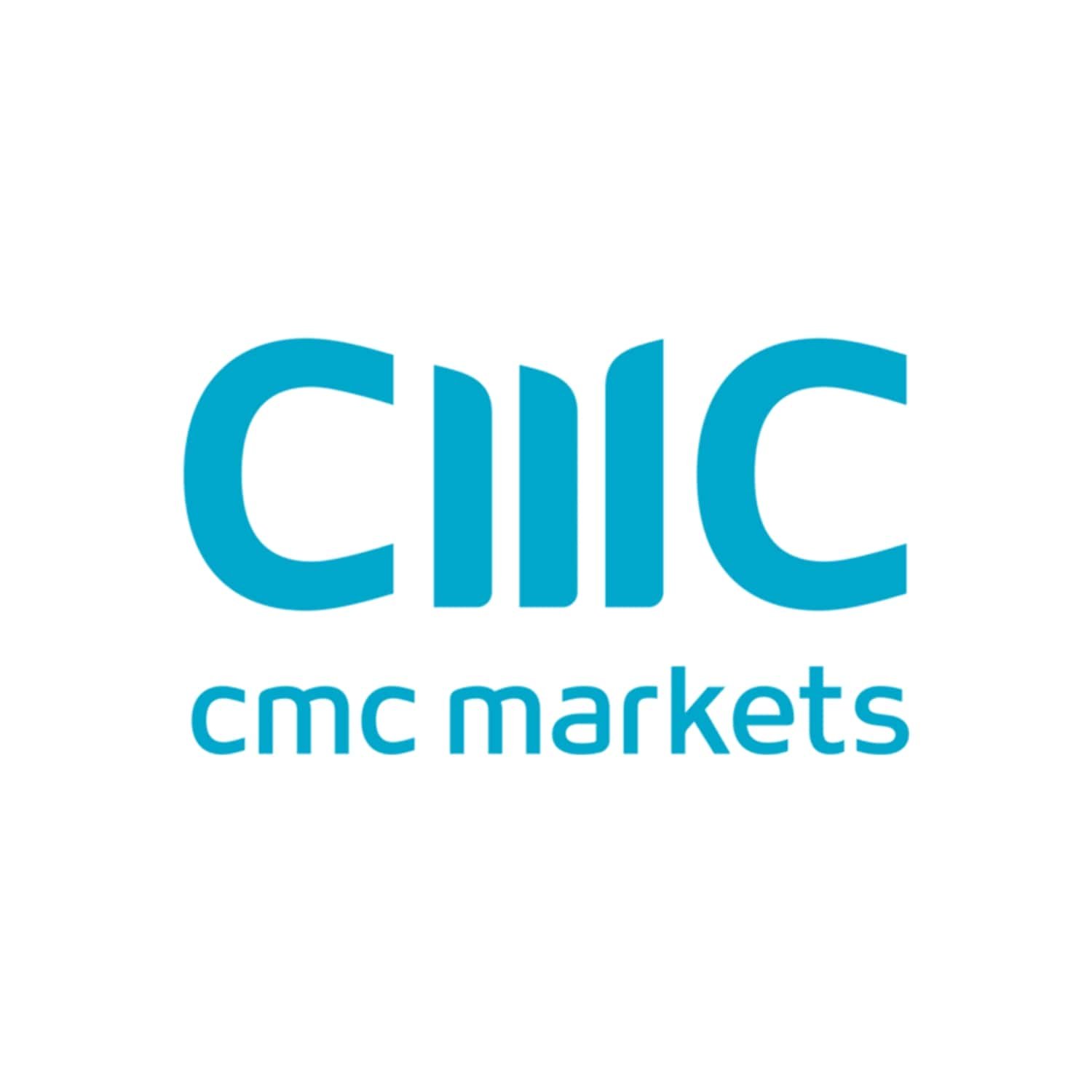
Fees:
- Share Trading Fees: CMC Markets offers $0 brokerage for Australian and U.S. shares, but other conditions and minimum trade values may apply. Standard trading fees range from $11 or 0.10% per trade for larger values.
- CFD Trading Fees: Competitive spreads on CFD products, with financing costs applicable for positions held overnight.
Offer:
- CMC Alpha: Provides exclusive benefits and personalized support for high-volume traders, including better pricing and advanced trading features.
- No Brokerage Fees: Certain trades, particularly on Australian or U.S. shares, may qualify for $0 brokerage depending on the account and conditions.
Trading Platforms:
- Next Generation Platform
- MetaTrader
- TradingView
- TWS
- Shares & ETFs: Trade ASX and global shares, plus a wide range of ETFs.
- Research Tools: Advanced analysis, technical charts, and market insights.
- CFD Trading: Access CFDs across forex, commodities, indices, and shares with leverage.
- Shares and ETFs: CMC Markets allows users to trade shares on the ASX and various global exchanges, as well as a wide selection of ETFs.
- CFD Trading: Provides access to a wide array of CFD products including forex, commodities, indices, and shares, with leverage options.
- Platforms: Offers multiple trading platforms including the web-based CMC platform, mobile apps, and MetaTrader 4 (MT4) for advanced traders.
- Education Hub: A knowledge base offering webinars, platform guides, trading strategies, and market news to help traders of all experience levels.
- Research Tools: Includes detailed market analysis, technical charts, and a suite of advanced research tools to assist with informed trading decisions.
- Premium Services: CMC Alpha offers premium trading services and personalized support for high-volume traders.
CMC Markets is a well-established online brokerage offering a wide range of trading products, including shares, ETFs, options, and contracts for difference (CFDs). It caters to both beginner and professional traders by providing comprehensive tools and platforms for trading in Australian and international markets. CMC Markets stands out for its competitive fees, robust trading technology, and educational resources, making it one of Australia’s leading choices for both share investing and CFD trading.
- Wide Product Range: Extensive product offerings including CFDs, shares, options, ETFs, and forex, giving users flexibility in their trading choices.
- Advanced Trading Platforms: Powerful platforms such as MetaTrader 4 and CMC’s proprietary tools provide fast execution and a range of advanced features.
- Educational Resources: Comprehensive educational materials, including market analysis, webinars, and trading strategies, make it suitable for beginners and advanced traders alike.
- Competitive Fees: Offers low fees for share trading and competitive spreads for CFD trading.
- Global Market Access: Enables traders to access both Australian and international markets, with support for trading across multiple asset classes.
- Complex for New Traders: The wide array of products and advanced trading tools can be overwhelming for beginners, despite the availability of educational resources.
- Leverage Risks: Trading CFDs with leverage increases the risk of significant losses, which may not suit all investors.
CommSec

Fees:
- Standard Trading Fee: $5 for trades up to $1,000; beyond that, trades are charged at $19.95 or 0.12% per trade for amounts up to $10,000.
Offer:
$0 brokerage on your first 10 trades
Trading Platforms:
- Proprietary Platform
- CommSecIRESS
- TradingView
- MetaTrader
- Mobile & Online Trading: Robust trading through web and mobile platforms.
- CommSec Pocket: Micro-investing with as little as $50 into themed ETFs.
- Research & News: Comprehensive market insights and research.
- Australian Shares: CommSec offers trading in Australian shares listed on the ASX, making it easy for investors to buy and sell directly via their platform.
- International Shares: Access to global markets such as New York and Tokyo allows users to diversify their portfolios with international assets.
- Mobile and Online Trading: The platform provides robust trading capabilities through both its web interface and mobile app.
- Margin Lending: For users interested in leveraging their portfolio, CommSec offers a margin loan product that allows borrowing to expand investment opportunities.
- CommSec Pocket: A micro-investing platform allowing users to invest as little as $50 into a range of themed ETFs.
- Cash Management: A linked cash account (CDIA) allows seamless settlement of trades while earning interest.
- Comprehensive Research and Market News: CommSec provides regular market insights, daily updates, and research to help investors make informed decisions.
- Educational Resources: A variety of resources, including podcasts, webinars, and guides, help users improve their investing knowledge.
CommSec is a leading Australian online broker providing a comprehensive suite of investment options and trading tools. With over 25 years of industry experience, CommSec offers low-cost trading, extensive educational resources, and advanced trading platforms. The platform supports a variety of accounts including individual, joint, and minor trust accounts.
- Trusted Reputation: Backed by Commonwealth Bank, CommSec is a trusted and secure platform with decades of experience.
- Comprehensive Product Range: From Australian and international shares to margin lending and ETFs, CommSec offers a wide range of investment products.
- Robust Tools: The platform provides advanced trading tools, market research, and a user-friendly mobile app.
- Micro-Investing Option: CommSec Pocket is ideal for new or small-scale investors looking to start with minimal investment.
- Educational Support: CommSec offers in-depth educational content, including market analysis, podcasts, and webinars to enhance trading skills.
- Higher Fees for Small Investors: The platform’s standard trading fees can be high for lower-value trades outside of specific offers.
- Complex for Beginners: While educational resources are provided, the range of products and services may be overwhelming for first-time investors.
- Lack of Fractional Shares: Unlike some competitors, CommSec does not offer fractional shares, which may limit accessibility for some users.
Interactive Brokers (IBKR)
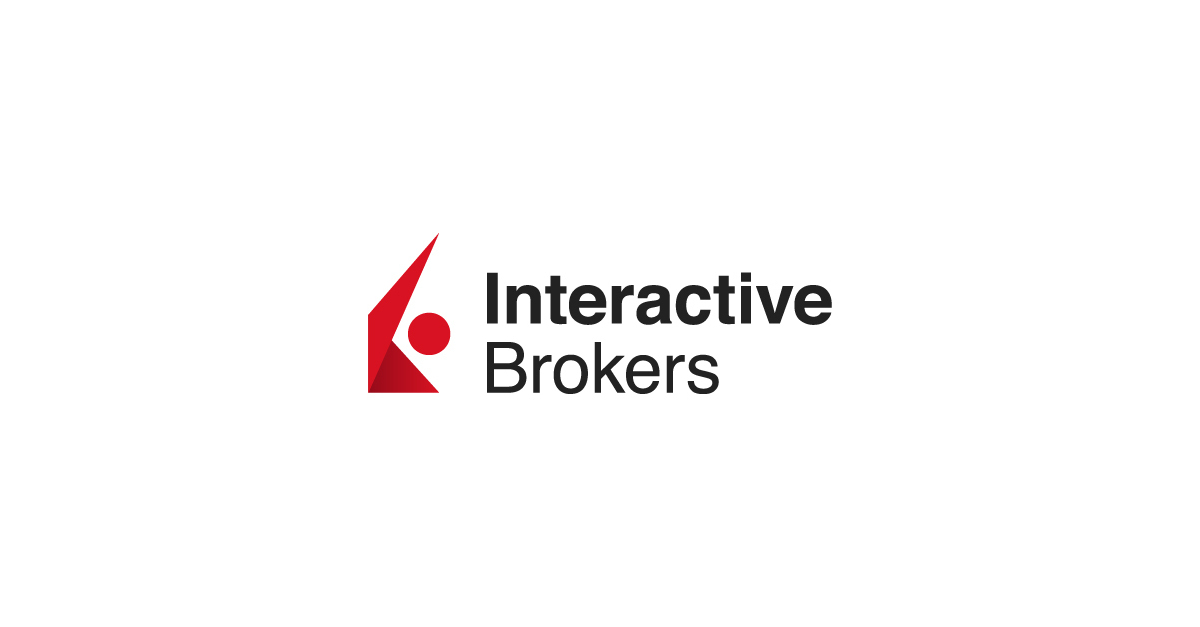
Fees:
- Commissions: Commissions start as low as $0, but this can vary based on the type of trade and the account type.
- Margin Rates: IBKR charges margin loan rates from 5.33% to 6.33% (as of October 2024).
- Other Fees: The platform offers various pricing structures for research, news services, and market data. Additionally, there are potential fees for other services like the Stock Yield Enhancement Program and short sale costs.
Offer:
No Active Offer
Trading Platforms:
- IBKR Desktop
- Trader Workstation (TWS)
- MetaTrader 4
- MetaTrader 5
- Global Market Access: Trade stocks, options, futures, currencies, bonds, and funds across international markets.
- Advanced Technology: Sophisticated tools and fast execution for advanced traders.
- Education Resources: Comprehensive tutorials and webinars for skill development.
- Global Access: IBKR offers a wide range of assets, including stocks, options, futures, currencies, bonds, and funds, enabling seamless global market access.
- Low-Cost Trading: IBKR is known for competitive pricing, with some trades starting at $0.
- Margin Rates: Offering industry-low rates between 5.33% to 6.33%, ideal for margin traders.
- Advanced Technology: Provides sophisticated trading tools and fast execution, perfect for advanced strategies.
- PortfolioAnalyst: Helps users track and analyze investments across accounts.
- API Access: Enables automated trading and custom solutions for developers.
- Education: IBKR provides comprehensive resources like webinars and tutorials to improve trading skills.
Interactive Brokers is a globally recognized brokerage firm known for its sophisticated trading platforms and extensive range of investment options. Catering to both individual investors and institutional clients, Interactive Brokers offers access to a vast array of financial markets and products.
- Low Commissions and Margin Rates: IBKR is known for transparent, low trading fees and one of the most competitive margin rates in the industry.
- Global Market Access: Access to various asset classes from multiple markets around the globe, all on one platform.
- Advanced Technology: High-speed, efficient trading platforms with a wide range of tools and order types for professionals and advanced traders.
- Award-Winning Platform: IBKR has received numerous awards, such as “#1 Professional Trading” and “Best for Advanced Traders.”
- Comprehensive Educational Resources: A wide range of educational content, including tutorials, webinars, and tools, is available for traders of all levels.
- Not Suitable for Beginners: IBKR’s advanced trading tools and platforms can be overwhelming for novice traders. It is primarily designed for advanced or professional traders.
- Complex Pricing Structure: Although IBKR boasts low fees, the commission and fee structure can be complex and hard to understand for new users.
Frequently Asked Questions
A brokerage account is an investment account that allows you to buy and sell a variety of investments, such as stocks, bonds, mutual funds, and ETFs. Brokerage accounts are offered by brokerage firms, and the firm acts as an intermediary between you and the stock market.
Choosing a brokerage account depends on your investment goals, experience level, and the types of assets you want to trade. Consider factors like commission fees, account minimums, trading platforms, research tools, and customer service when making your decision.
Common fees include trading commissions, account maintenance fees, inactivity fees, and fees for additional services like wire transfers or paper statements. It’s essential to review the fee structure of a brokerage before opening an account to understand the total cost of investing.
Comparing broker accounts is essential because it helps you find the best fit for your investment needs and goals. Different brokers offer varying features, fee structures, and levels of service. By comparing options, you can identify a broker that offers the best combination of low fees, robust tools, excellent customer service, and the specific features you need for your trading strategy.
Some broker accounts are better than others because they offer superior features, lower costs, better customer support, or more comprehensive research tools. The best broker for you depends on your individual needs, such as whether you are a beginner looking for educational resources or an advanced trader needing sophisticated trading platforms. Evaluating factors like commission rates, ease of use, account minimums, and the availability of different investment products can help determine which broker is superior for your situation.
Common features of broker accounts include:
- Trading Platforms: Tools and software for executing trades and analyzing the market.
- Commission Rates: Fees charged for buying and selling securities.
- Account Minimums: The minimum amount required to open or maintain an account.
- Research and Educational Resources: Access to market research, news, and educational content.
- Customer Support: Availability of support through phone, email, or live chat.
- Investment Options: Variety of assets available for trading, such as stocks, bonds, ETFs, options, and cryptocurrencies.
To evaluate broker accounts, consider the following steps:
- Read Reviews: Look for customer reviews and expert analyses on financial websites and forums.
- Compare Fees: Check the commission rates, account maintenance fees, and any other charges.
- Test Platforms: If possible, use demo accounts or trial versions to test the trading platforms.
- Assess Customer Service: Contact customer support to evaluate their responsiveness and helpfulness.
- Review Resources: Examine the educational and research tools provided to ensure they meet your needs.
- Check Regulation: Ensure the broker is regulated by a reputable financial authority to safeguard your investments.
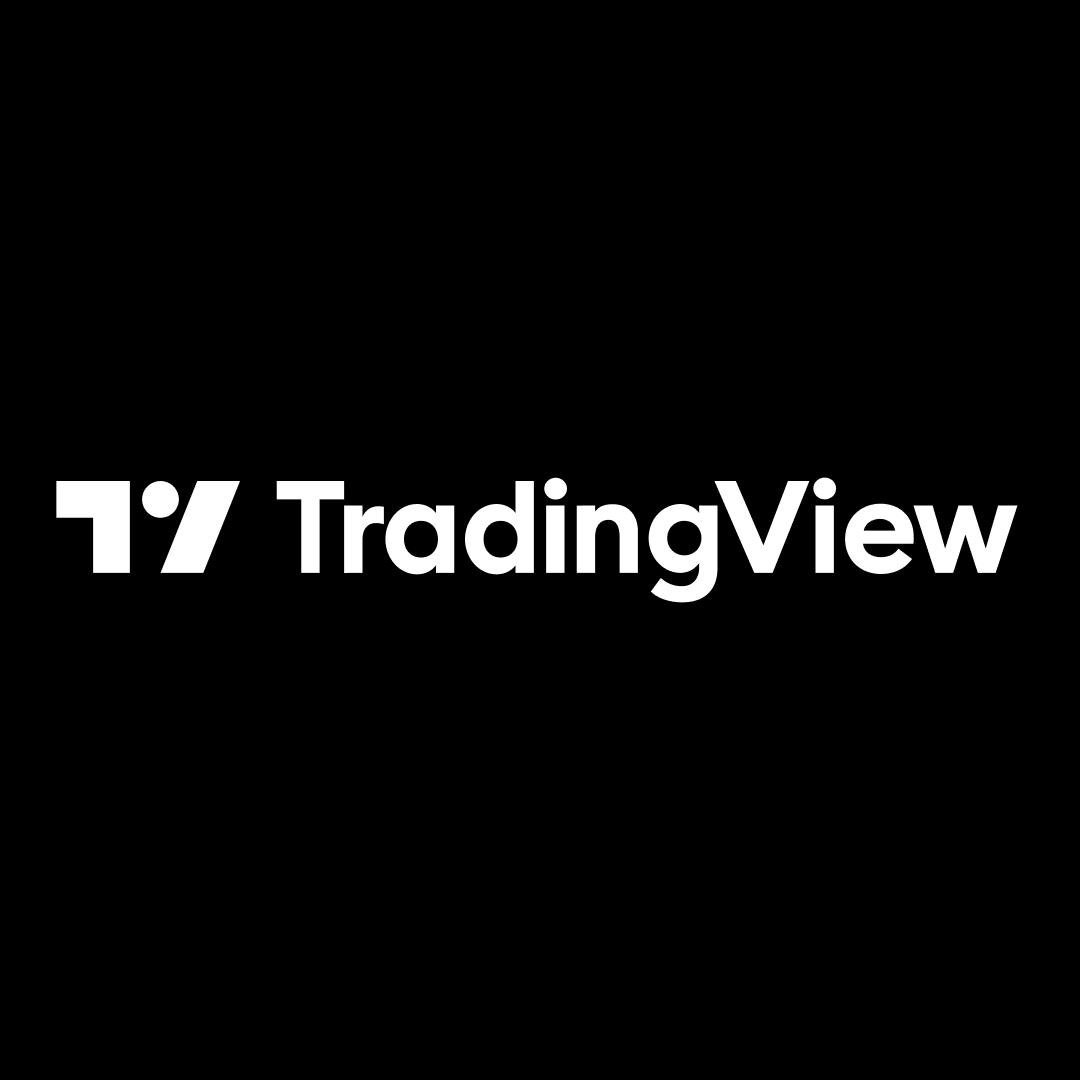
View Trading Platforms
Explore top rated trading platforms for technical and fundamental analysis.
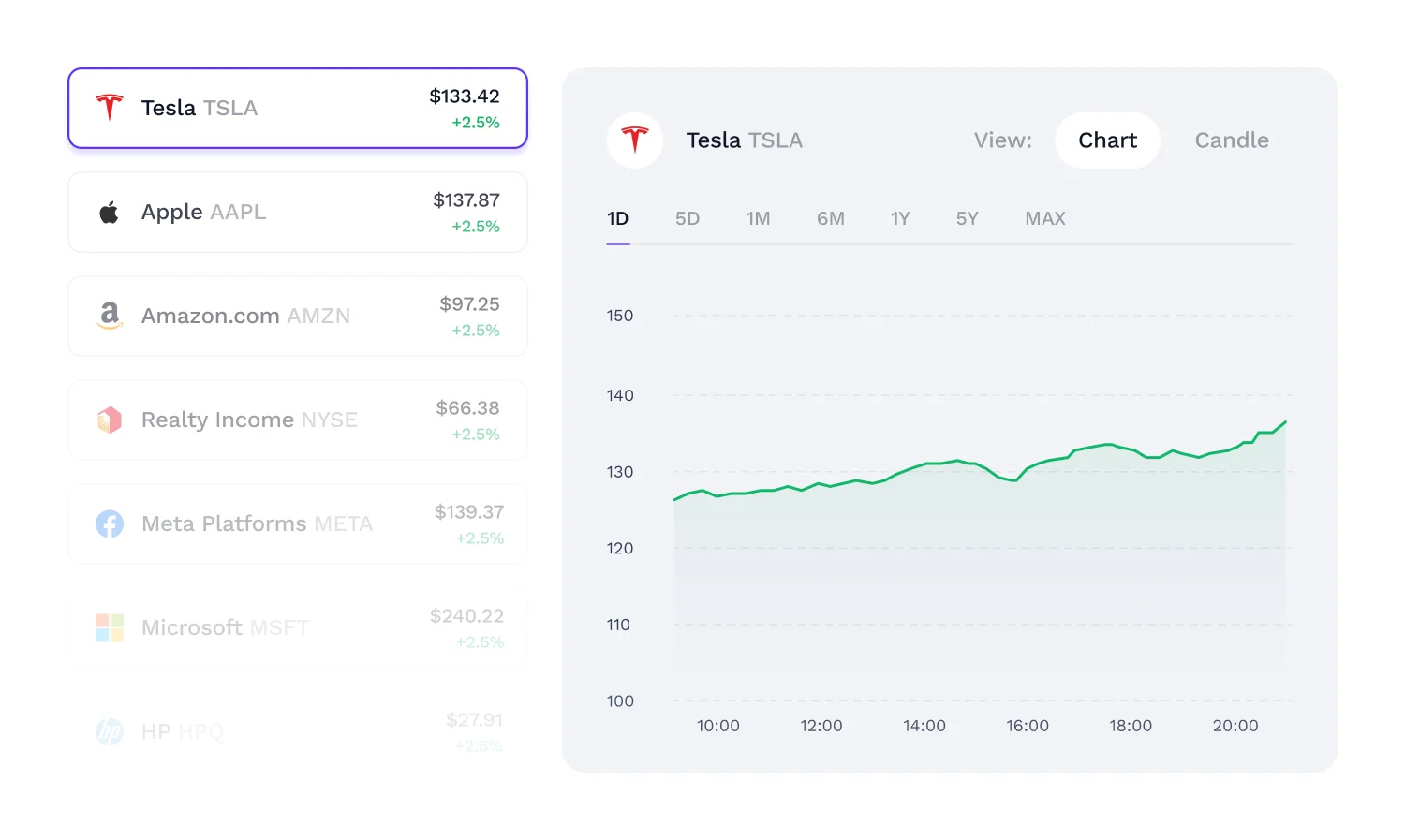
View All Brokerage Accounts
Compare brokerage accounts a number of asset classes, such as CFDs, options, and stocks.
Key Points to Consider When Choosing a Brokerage Account in Australia
When it comes to choosing a brokerage account in Australia, the right choice can make all the difference in your investing journey. Beyond fees and platform design, there are critical factors that often go unnoticed—but can have a significant impact on your portfolio’s performance. Let’s explore some of the more nuanced details that every savvy investor should consider.
Access to Global Markets
One common oversight among new investors is focusing solely on the Australian Stock Exchange (ASX) without considering international opportunities. The Australian market offers plenty of blue-chip stocks, but limiting yourself to local investments could mean missing out on high-growth sectors abroad. Platforms like Interactive Brokers (IBKR) and Westpac Share Trading provide access to global markets such as the U.S., UK, and Hong Kong, enabling you to diversify your portfolio with some of the world’s biggest companies. Whether it’s gaining exposure to tech giants like Apple and Tesla or exploring emerging markets, having global access can spread your risk and open doors to new opportunities.
Leverage Research Tools for Smarter Trades
While most brokers will offer some form of research tools, the depth and usability of these resources can vary dramatically. Look beyond basic charts and price feeds. Platforms like NABtrade and CommSec stand out for offering detailed stock analysis, expert insights, and even stock recommendations based on market conditions. In contrast, brokers such as CMC Markets elevate the experience by integrating advanced technical analysis and comprehensive research tools like economic calendars and sentiment indicators. These tools allow traders to make well-informed decisions rather than relying on gut instinct or headline news. Remember: the more insight you have, the better positioned you are to navigate market volatility.
Mobile Trading Matters More Than You Think
In today’s fast-paced world, it’s not enough to be chained to a desktop when monitoring your investments. This is where mobile trading comes into its own. Award-winning apps from brokers like MooMoo and Westpac Share Trading allow you to trade on the go, manage your portfolio, and stay informed on market movements—all from your phone. But it’s not just about convenience. Mobile platforms equipped with real-time alerts, technical analysis, and even trading opportunities directly from push notifications give you an edge in making timely decisions, especially in fast-moving markets.
Watch Out for Hidden Costs in International Trading
If you’re planning to trade international shares, be aware of hidden fees beyond just trading commissions. Currency conversion fees, for example, can quietly eat into your profits if you’re not careful. While platforms like Interactive Brokers are known for competitive rates, others may impose steep conversion fees that can take a surprising chunk out of your returns. Always check the fine print when venturing into international markets, and ensure your broker offers transparent and competitive rates for currency conversions and global transactions.
Leverage and Margin: Friend or Foe?
For more advanced traders, the appeal of margin trading—borrowing money to increase the size of your trades—can be strong. Brokers like CommSec and IBKR offer competitive margin rates, which can magnify your gains. However, margin trading is not without risks. The potential for significant losses is real, and margin calls (requiring you to top up your account) can occur during volatile markets. If you’re considering margin trading, ensure you fully understand the risks and have a strategy in place to manage it effectively.
Educational Resources for the Long-Term Investor
Investing is a learning journey, especially for those new to the stock market. Brokers like AvaTrade and CMC Markets excel in offering rich educational content, from beginner courses to advanced trading strategies. But don’t just rely on these resources for learning how to place trades—use them to gain a deeper understanding of market mechanics, risk management, and even tax considerations for your investments. The more informed you are, the more equipped you’ll be to make decisions that benefit your long-term financial health.
The best trading platform for you will depend on your experience level and investment strategy. If you’re a beginner, look for a platform with a user-friendly interface, such as CommSec or MooMoo, which offers intuitive mobile apps and simplified features for managing trades. For more experienced traders, advanced tools like MetaTrader 4 (MT4) and MetaTrader 5 (MT5), offered by brokers like CMC Markets and AvaTrade, provide features such as:
- Advanced Charting Tools: In-depth technical analysis and customizable charting tools for more precise trading decisions.
- Automated Trading: The ability to set up automated trading strategies and algorithmic trading to enhance trading efficiency.
- Research and Insights: Access to real-time market data, financial news, and detailed research reports.
Access to high-quality research and market data is crucial for making informed investment decisions. Many top Australian brokers, such as NABtrade, CommSec, and Westpac Share Trading, provide in-depth research tools, market analysis, and real-time data to help investors stay informed.
Here’s why research and data matter:
- Stock Analysis: Detailed company reports, analyst ratings, and stock performance data help you evaluate potential investments.
- Market Insights: Real-time data and news updates keep you informed of market trends and economic developments that can impact your portfolio.
- Investment Strategies: Access to research tools, such as technical charting or economic calendars, helps traders develop more informed and strategic decisions when buying or selling shares.
For active traders, having access to these insights in real-time is critical. If you’re a passive investor, a broker that provides educational content and stock ideas can also help you make long-term decisions with confidence.
A Self-Managed Super Fund (SMSF) is a type of superannuation fund in Australia that allows individuals to manage their own retirement savings. Many brokerage platforms, such as NABtrade and CommSec, offer tailored SMSF accounts that allow investors to trade shares, ETFs, bonds, and other securities.
Key benefits of trading with an SMSF:
- Control: SMSF gives you complete control over your investment decisions, including asset allocation and the types of assets you invest in (e.g., shares, property, cash).
- Tax Advantages: An SMSF has specific tax benefits, such as lower tax rates on capital gains and income within the fund.
- Diversification: You can use your SMSF to diversify your retirement portfolio by investing in different asset classes and markets, both domestically and internationally.
Before setting up an SMSF for trading, ensure you understand the legal and regulatory responsibilities, as managing your own super fund involves considerable compliance requirements.
How Do I Verify if a Broker is Regulated in Australia?
To ensure you’re dealing with a safe and reliable brokerage, it’s essential to verify that the broker is regulated by the Australian Securities and Investments Commission (ASIC). ASIC-regulated brokers must comply with strict financial laws and offer investor protection.
Here’s how to verify if a broker is regulated in Australia:
- Check ASIC’s Register: Visit ASIC’s website and search for the broker’s name in the ASIC professional registers. The broker should be listed with an Australian Financial Services (AFS) license number.
- Verify License Number: Reputable brokers will display their AFS license number on their website. Cross-check this number with ASIC’s database to confirm its validity.
- Look for ASIC Logos: Trusted brokers typically include the ASIC logo or mention ASIC regulation in their footer or About Us section.
Best Practices:
- Read Reviews: Look at customer reviews and feedback on reliable financial forums and review sites.
- Secure Platforms: Ensure the broker uses SSL encryption and two-factor authentication for account security.
- Transparent Fees: Regulated brokers will provide transparent fee structures with no hidden costs.
Consider the Long-Term Impact of Fees
Even small differences in brokerage fees can significantly affect your investment returns over time. For example, if you make frequent trades, a broker with lower trading fees, like Interactive Brokers (IBKR), could save you hundreds or even thousands of dollars annually compared to brokers with higher fees. Always compare fee structures, especially if you plan to trade regularly.
Understanding Different Asset Classes: Stocks, ETFs, Mutual Funds, CFDs, and Options
When trading or investing, it’s important to understand the various asset classes available, as each offers unique opportunities and risks. Here’s a quick overview of the most common asset classes:
Stocks: Buying a stock means purchasing a share in a company, giving you ownership of part of that business. Stocks offer the potential for capital gains if the company performs well, but they can also be volatile.
ETFs (Exchange-Traded Funds): ETFs are baskets of securities (like stocks or bonds) that trade on an exchange. They provide instant diversification and allow investors to buy into entire sectors, industries, or indices with a single trade. ETFs can be more cost-effective and flexible than mutual funds.
Mutual Funds: Mutual funds pool money from multiple investors to invest in a diversified portfolio of assets, managed by a professional fund manager. Unlike ETFs, mutual funds are traded once a day after markets close and typically carry higher fees.
CFDs (Contracts for Difference): CFDs allow traders to speculate on price movements of assets (like stocks, commodities, or indices) without owning the underlying asset. CFDs offer leverage, meaning you can trade with a smaller initial investment, but they also carry higher risk.
Options: Options give traders the right, but not the obligation, to buy or sell an asset at a set price before a specified date. They can be used for hedging or speculating on price movements, and often require a deep understanding of market conditions.
- Stocks represent individual ownership in a company, where you buy shares directly and potentially earn returns through capital gains or dividends.
- ETFs (Exchange-Traded Funds) are collections of securities like stocks or bonds that trade on exchanges, allowing for easy diversification. They’re traded like stocks throughout the day, offering flexibility and often lower fees than mutual funds.
- Mutual Funds pool money from investors to invest in a diversified portfolio of assets. Managed by professionals, they are traded once a day after the market closes and often come with higher fees than ETFs.
- CFDs (Contracts for Difference) allow traders to speculate on price movements without owning the actual asset. You can go long (buy) or short (sell), and CFDs offer leverage, meaning you can control a larger position with a smaller investment. However, they come with higher risk due to leverage and potential for large losses.
- Options give you the right, but not the obligation, to buy or sell an asset at a specific price within a certain time frame. Options can be used for hedging or speculation and often involve more complex strategies compared to traditional stock or ETF trading.
Broker Bonuses: How They Work and What to Look For
When opening a brokerage account, one of the perks that can sweeten the deal is a bonus offer. Broker bonuses are often designed to attract new investors and reward loyal customers. These promotions can come in various forms, such as cash bonuses, free trades, or rewards points, but it’s essential to understand how they work and what to look for when evaluating them.
How Do Broker Bonuses Work?
Broker bonuses typically require you to meet certain conditions, such as making an initial deposit, executing a set number of trades, or maintaining a specific account balance for a period. The bonus is often credited to your account after these conditions are met. While these promotions can provide a significant financial boost, it’s important to read the fine print to understand any restrictions, such as withdrawal limitations or time constraints.
For example:
- Some brokers might offer a cash bonus after you deposit a certain amount (e.g., deposit $5,000 and receive a $100 bonus).
- Others might provide free trades or discounts on commissions for a limited time after opening an account.
- Some promotions are linked to loyalty programs or rewards points, which can be redeemed for travel, merchandise, or other perks.
Current Broker Bonuses in Australia
Several Australian brokers offer enticing bonuses to new and existing clients. Here are a few notable examples based on recent offers:
Interactive Brokers (IBKR): While IBKR is known for its low-cost trading and margin rates, it occasionally runs promotions for new customers, such as offering commission-free trading for a limited period or bonuses tied to account transfers. Keep an eye on their promotional offers for any new bonus opportunities.
CommSec: CommSec occasionally offers cashback bonuses or free trades for new users who meet specific deposit or trading thresholds. Their bonuses tend to focus on encouraging new users to explore their platform and invest in Australian shares.
CMC Markets: CMC Markets has been known to offer free trades for new account holders, particularly during promotional periods. This allows traders to test the platform without incurring fees, especially for Australian and international shares.
NABtrade: NABtrade sometimes provides cash bonuses for transferring an existing portfolio to their platform. They also promote account-opening bonuses that reward new users who meet minimum deposit or trading requirements within a specific timeframe.
What to Consider Before Jumping In
While bonuses can be an attractive incentive, it’s important to consider your broader investment goals. Here are a few factors to keep in mind:
- Minimum Deposit Requirements: Many broker bonuses require a minimum deposit to qualify. Make sure you’re comfortable with the amount and that it aligns with your financial plans.
- Trading Volume: Some bonuses are tied to the number of trades you make within a certain period. If you’re not an active trader, you might find it difficult to meet the trading requirements.
- Time Restrictions: Be aware of the timeframe to qualify for the bonus. If you don’t meet the conditions within the required period, you may forfeit the bonus.
Have you tried our AI comparison tool?
Use our AI powered chat assistant to easily get an overview of brokerage accounts. Access it Here.
Summary
Here is an overview of the brokerage accounts covered on this page.

Interactive Brokers (IBKR)
Interactive Brokers is a globally recognized brokerage firm known for its sophisticated trading platforms and extensive range of investment options. Catering to both individual investors and institutional clients, Interactive Brokers offers access to a vast array of financial markets and products.

CommSec
CommSec is a leading Australian online broker providing a comprehensive suite of investment options and trading tools. With over 25 years of industry experience, CommSec offers low-cost trading, extensive educational resources, and advanced trading platforms. The platform supports a variety of accounts including individual, joint, and minor trust accounts.

CMC Markets

NABtrade
NABtrade is a leading online trading platform in Australia, offering a range of financial products and services including shares, ETFs, options, and bonds. The platform provides advanced trading tools, real-time data, and competitive brokerage rates. NABtrade also includes comprehensive research resources and a secure cash management account to enhance the trading experience.

MooMoo
Moomoo is a comprehensive trading platform offering access to a wide range of global stocks and ETFs. It features advanced charting tools, AI-powered trading enhancements, and real-time market data. Users can benefit from commission-free trading for US stocks and competitive rates for other markets. Moomoo also provides educational resources and paper trading for practice.

WestPac Share Trading
Westpac Share Trading provides a comprehensive platform for trading a wide range of financial instruments, including Australian and international shares, ETFs, options, warrants, and bonds. The platform offers competitive brokerage fees, advanced trading tools, and extensive market research. The award-winning mobile app enhances the trading experience by allowing users to trade, research, and manage their portfolios on the go.

Vantage Markets
Vantage Markets offers a comprehensive trading experience with access to over 1,000 financial instruments. The platform supports various advanced trading tools and platforms, providing competitive spreads and leverage. Vantage emphasizes education with free resources and offers a demo account for practice. The platform is known for its secure and reliable trading environment.

AvaTrade
AvaTrade is a well-regulated broker offering CFD trading across a variety of financial instruments. It features advanced trading platforms, competitive pricing, and a wealth of educational resources. The platform also supports automated trading through various social trading networks. AvaTrade aims to provide a secure and user-friendly trading environment suitable for both novice and experienced traders.
Disclaimer
The information on this page is for informational purposes only and should not be considered financial advice. You are encouraged to conduct your own research and verify all details directly with the brokerage provider before making any investment decisions. Investing involves risks, and it’s essential to ensure the chosen broker aligns with your financial goals and needs. Always review the terms, fees, and offerings provided by the broker to ensure accuracy and suitability for your individual situation.